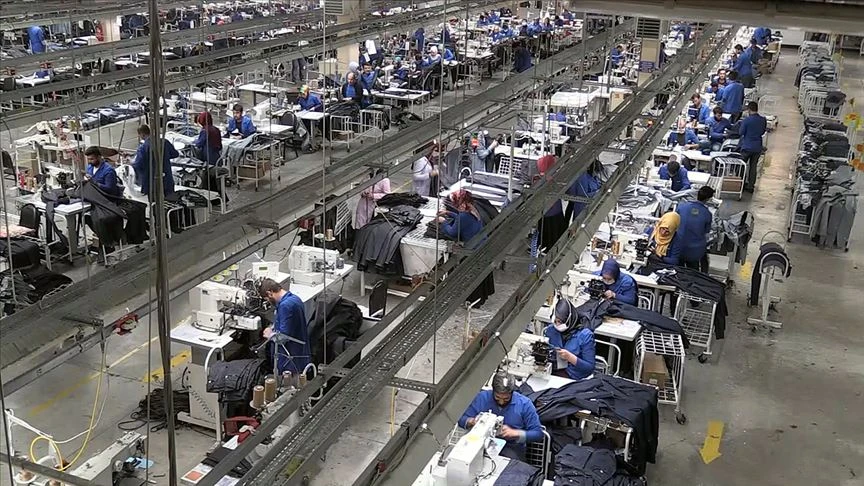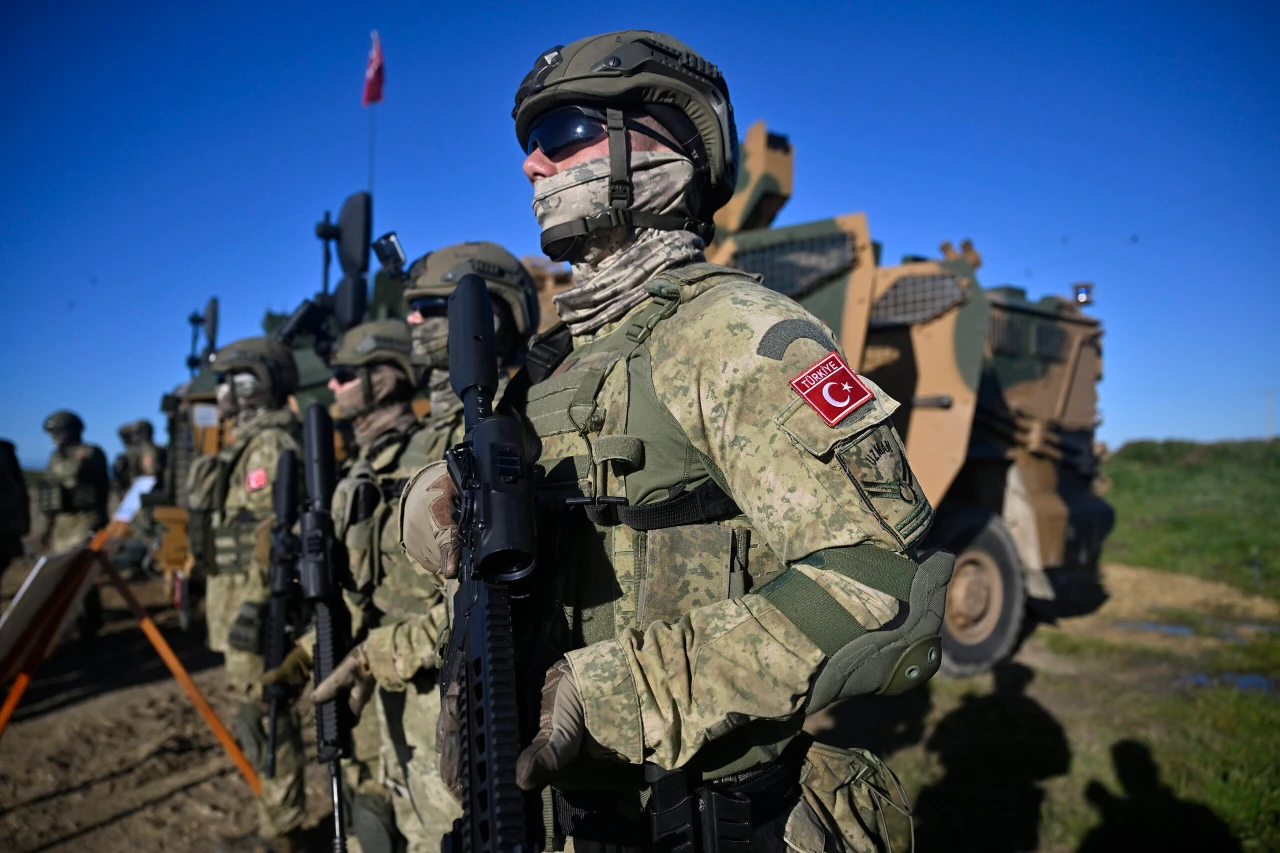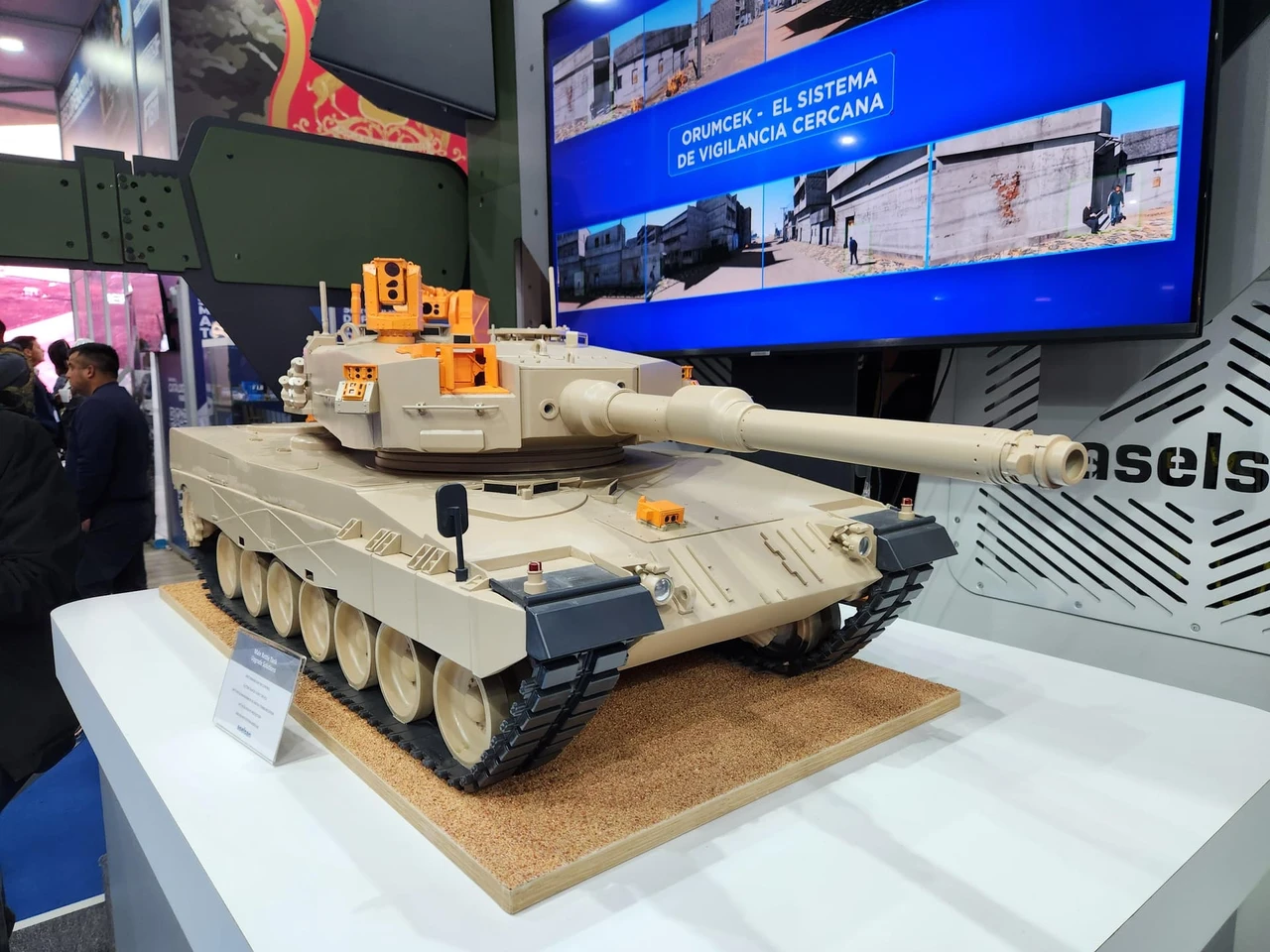‘European brands increase pressure’: Turkish textile industry shifts focus to Egypt
 File photo shows workers operate sewing machines in a bustling textile facility in Türkiye. (AA Photo)
File photo shows workers operate sewing machines in a bustling textile facility in Türkiye. (AA Photo)
President of the Turkish Clothing Manufacturers Association (TGSD), Ramazan Kaya, stated that European clothing brands are pressuring Türkiye’s textile industry to move production to Egypt because of lower costs, signaling a critical transformation for the sector.
Kaya evaluated Turkish denim manufacturer Denim Rise’s most recent $8.8 million investment in a ready-to-wear production facility in Egypt’s West Kantara Industrial Zone, which will employ 1,000 people, in an interview with the business-focused patronlardunyasi.com. He explained that the industry is evolving toward a model where value-added production stays in Türkiye while labor-intensive operations shift to Egypt.
“In textiles, almost everyone is heading to Egypt, examining opportunities, and making investment decisions.
Egypt’s free trade agreement with the U.S. is a major draw. European brands working with Turkish producers are also pressuring them to expand into Egypt to extend contracts,” Kaya stated.
Highlighting lower labor costs, Kaya said, “In Egypt, the gross cost of a worker is $150, compared to $1,000 here, especially in labor-intensive sectors like denim; the shift to Egypt is accelerating.”
Kaya noted that companies investing in Egypt are maintaining their operations in Türkiye. He explained the pandemic emphasized the importance of “nearshoring” and “secure supply chains,” areas where Türkiye continues to hold a significant advantage.
Production in Egypt boosts exports but deepens Türkiye’s labor shortages
Huseyin Guzel, a member of Denim Rise’s Board of Directors, described the investment as an initial step toward exploring new markets, as the new facility would export 70% of its production.
Egypt continues to attract considerable investment from Türkiye by offering special incentives in its free zones, particularly for labor-intensive sectors, and leveraging its trade agreements. Last year, Eroglu Holding signed a deal for a factory in the same region, initiating a project to produce 7.2 million jeans annually, as this $40 million investment is expected to create 3,000 jobs.
On the other hand, this shift reflects on employment losses as the textile and ready-to-wear sectors—key drivers of Turkish exports—have shed 250,000 jobs over the past year.



